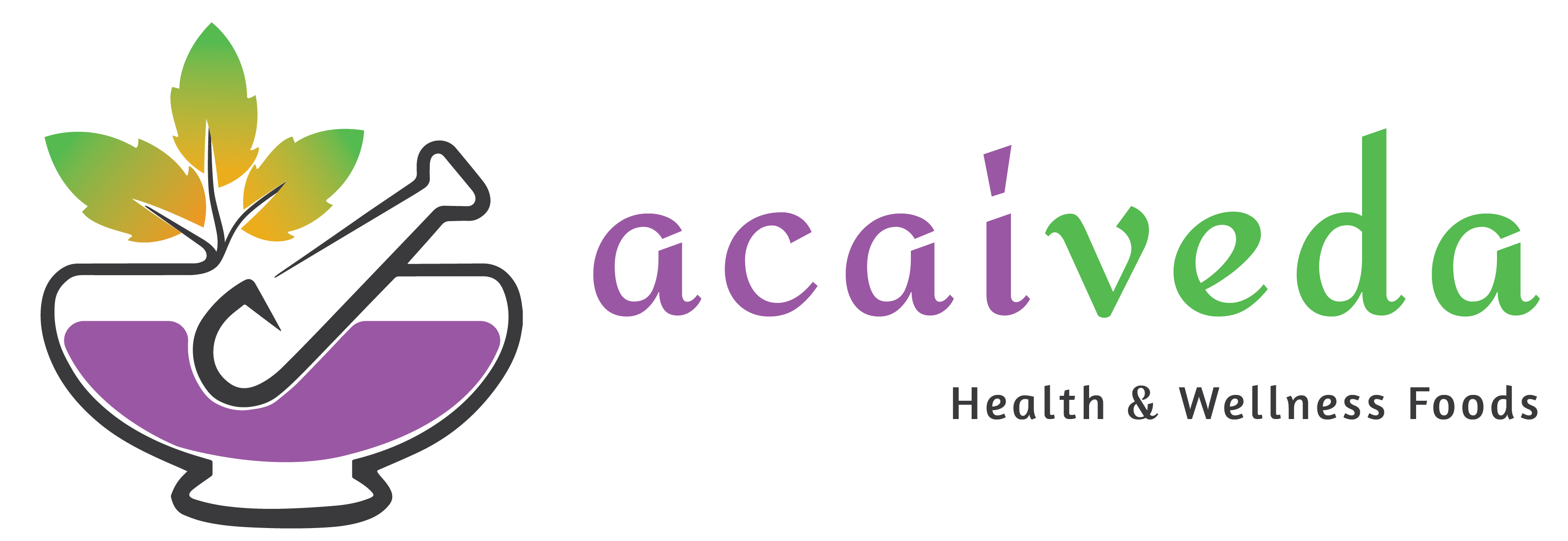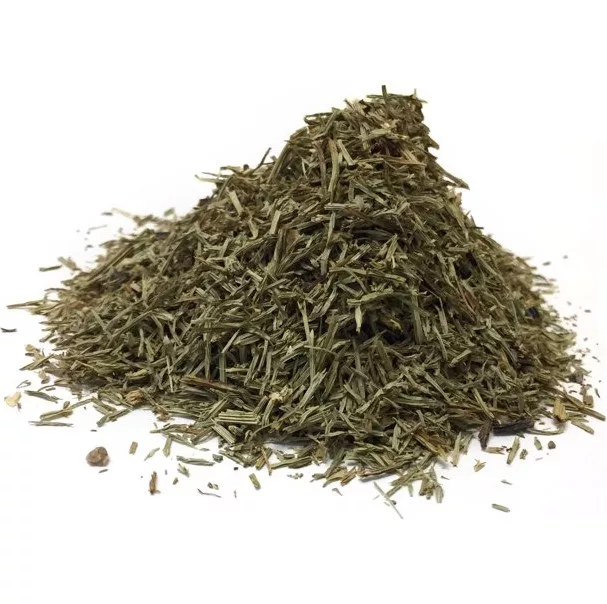
ASHWAGANDHA: THE ANCIENT SECRET TO MODERN WELLNESS
WHAT IS THE HISTORY OF ASHWAGANDHA?
Ashwagandha, also known as Withania somnifera, is an herb that is native to India and other parts of South Asia. It is a perennial plant in the nightshade family and its roots and berries are used in Ayurvedic medicine, an ancient system of medicine from India.
Ashwagandha is an herbal remedy that has been used for thousands of years in Ayurvedic medicine, which is a traditional system of medicine that originated in India. In Ayurveda, ashwagandha is considered an adaptogenic herb, meaning that it helps the body adapt to physical and mental stressors.
Ashwagandha is believed to have originated in the dry regions of India, North Africa, and the Middle East, and has been used for various medicinal purposes, including boosting energy, improving mental clarity, and enhancing physical performance. In traditional Ayurvedic medicine, ashwagandha is also used to support a healthy immune system, improve sleep quality, and promote overall health and well-being. More on this later.
Overall, the history of ashwagandha is rooted in thousands of years of traditional use and continues to evolve with modern research and scientific study.
WHAT NUTRIENTS ARE IN ASHWAGANDHA?
It is a good source of several important nutrients, including:
- Alkaloids: Compounds that are known for their medicinal properties, including their ability to support the nervous system.
- Withanolides: Natural compounds that have been shown to have anti-inflammatory, antipyretic, and antioxidant effects.
- Iron: Essential for the production of hemoglobin, which carries oxygen in the blood.
- Choline: A nutrient that helps to maintain brain health and is important for liver function.
- Calcium: Essential for strong bones and teeth and is important for muscle function and blood clotting.
- Phosphorus: Essential for healthy bones and teeth, and is involved in energy production and cell growth.
- Potassium: Helps regulate fluid balance and is important for healthy heart function.
- Magnesium: Essential for healthy bones, muscle function, and energy production.
- Vitamins B1, B2, and B6: Important for healthy brain function, energy production, and overall health.
WHAT ARE THE BENEFITS OF ASHWAGANDHA?
In Ayurveda, ashwagandha is considered an “adaptogen” herb, which means it is thought to help the body adapt to stress and promote a sense of well-being. It is also believed to have various health benefits, including:
- Stress and Anxiety: Ashwagandha is believed to help reduce stress and anxiety by lowering the levels of cortisol, a stress hormone.
- Cognitive Function: Ashwagandha has been shown to have potential benefits for cognitive function, including improving memory and concentration.
- Sleep: Ashwagandha has been shown to have potential benefits for sleep, it can help improve sleep quality.
- Immune System: Ashwagandha has been shown to have potential benefits for the immune system, due to its anti-inflammatory and antioxidant properties.
- Cardiovascular Health: Ashwagandha may have potential benefits for cardiovascular health by reducing the risk of heart disease.
- Hormone Balance: Ashwagandha has been shown to have potential benefits for hormone balance in both men and women.
- Infertility: Ashwagandha has been traditionally used to help improve fertility and sperm quality.
HOW MUCH ASHWAGANDHA SHOULD I CONSUME DAILY?
In general, the typical recommended dosage for ashwagandha as a dietary supplement is:
- 300-500 mg of ashwagandha root or leaf extract, taken once or twice per day.
- 1-2 capsules of ashwagandha powder, taken once or twice per day.
- 2-4 ml of liquid extract, taken once or twice per day.
HOW DO I CONSUME ASHWAGANDHA?
Ashwagandha, also known as Withania somnifera, can be consumed in several different forms, including:
- Powder: The powder form of ashwagandha can be mixed with water or juice, taken on its own, or added to food or smoothies.
- Capsules: Ashwagandha is also available in capsule form, which is an easy and convenient way to consume it.
- Liquid extract: Ashwagandha is also available in liquid extract form, which can be taken directly or mixed with water or juice.
- Tea: Ashwagandha root can be dried and powdered and used to make tea.
- Tablets: Some companies manufacture Ashwagandha in tablet form, which is also easy and convenient to take.
Come in and get your smoothie with Ashwagandha!
WHAT SCIENTIFIC RESEARCH HAS BEEN CONDUCTED ON THE EFFECTS OF ASHWAGANDHA?
Ashwagandha has been the subject of numerous scientific studies, with many studies investigating its potential health benefits. Some of the key areas in which ashwagandha has been studied include:
- Stress and anxiety: Ashwagandha has been shown to help reduce stress and anxiety levels in some people, likely due to its adaptogenic properties.
- Inflammation: Ashwagandha has been found to have anti-inflammatory properties and may help reduce chronic inflammation.
- Cognitive function: Some studies have found that ashwagandha may improve cognitive function, particularly in individuals with age-related declines in cognitive ability.
- Physical performance: Ashwagandha has been found to improve physical performance and muscle strength in some individuals.
- Metabolic health: Ashwagandha may improve various markers of metabolic health, such as blood sugar levels and cholesterol levels.
These are just a few examples of the many areas in which ashwagandha has been studied.
Note: We are a small business so we used a cheat code (ChatGPT, phew, technology has come far!) to help me write this blog post. I double-checked the information contained within this post to ensure accuracy.





